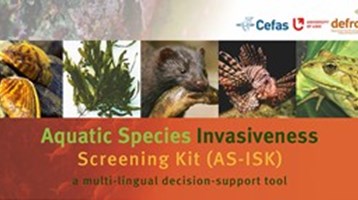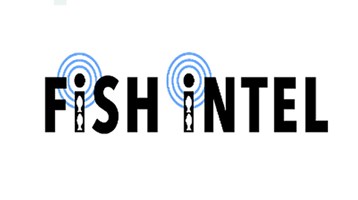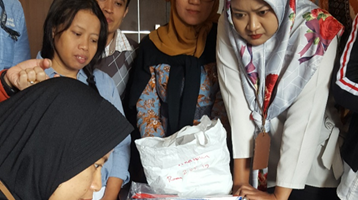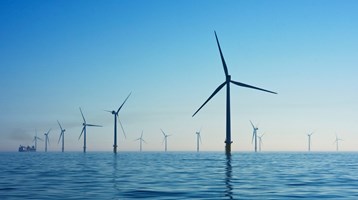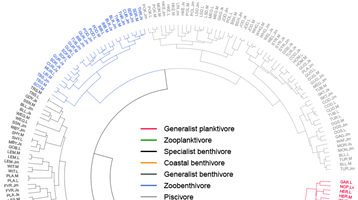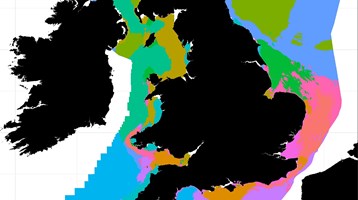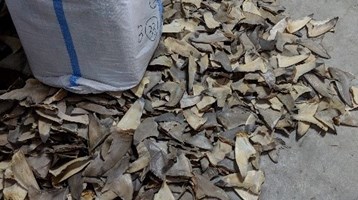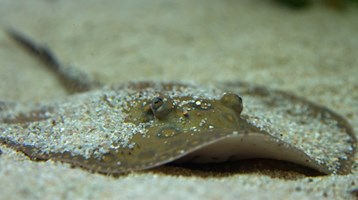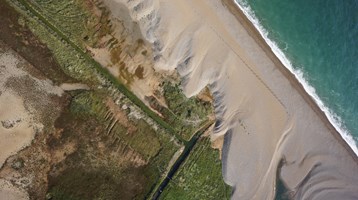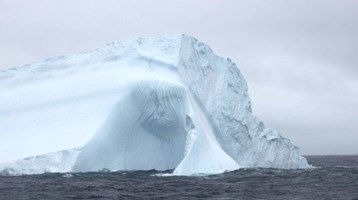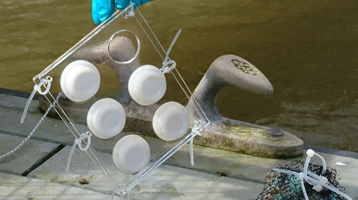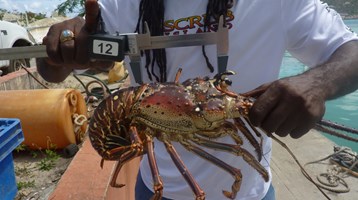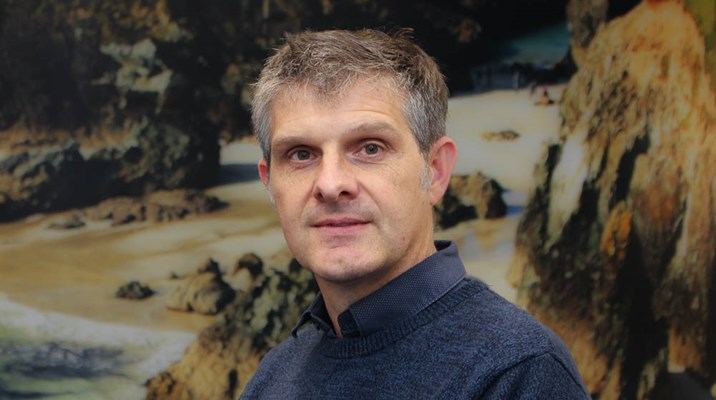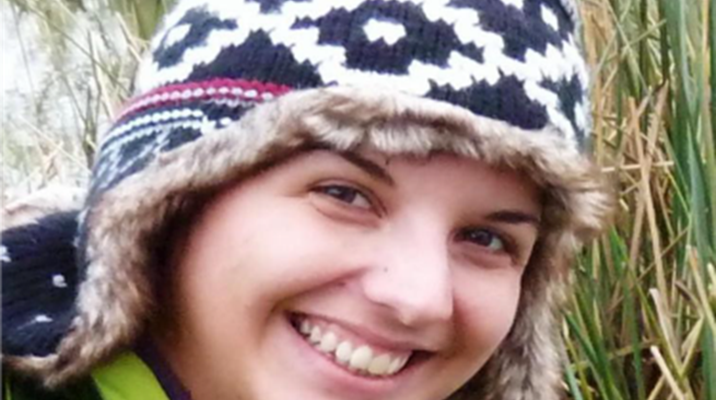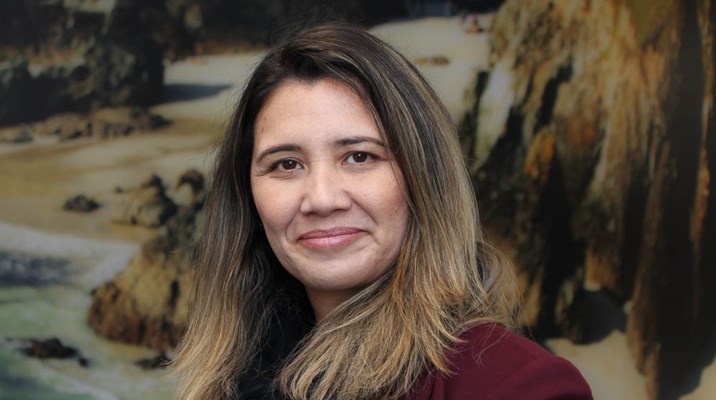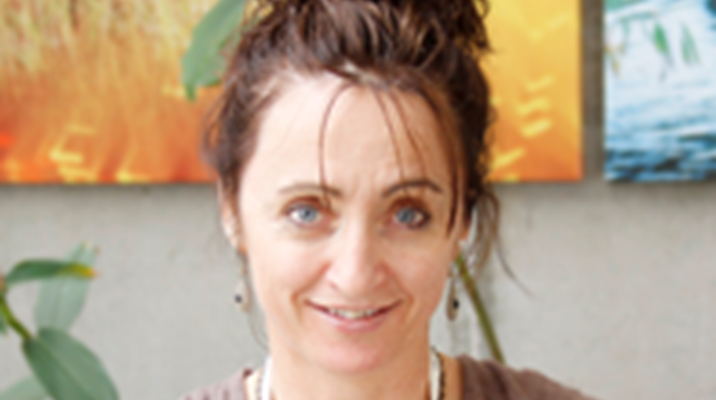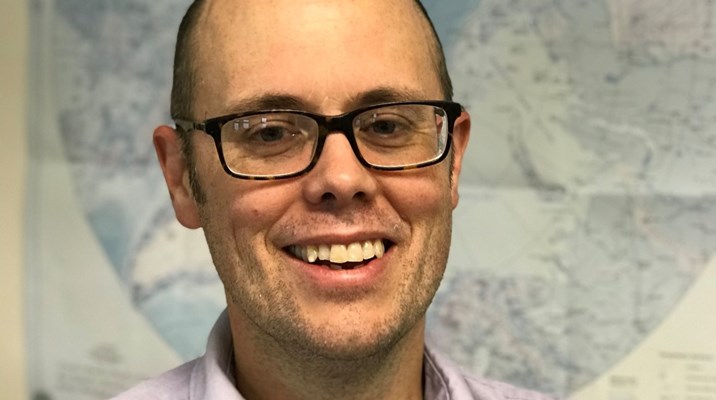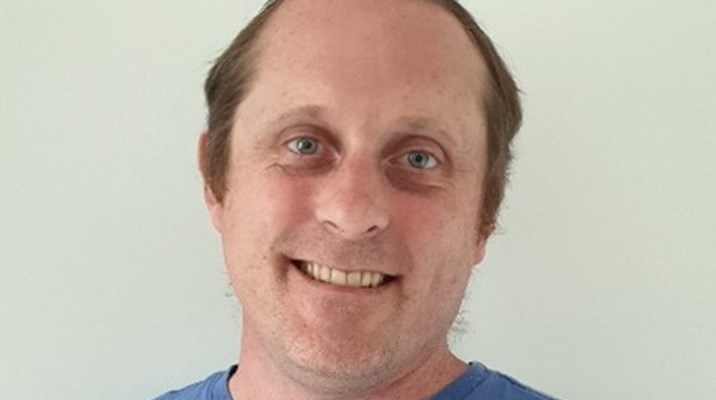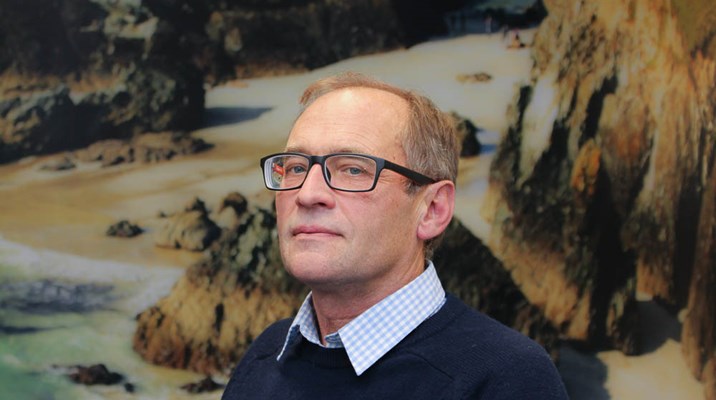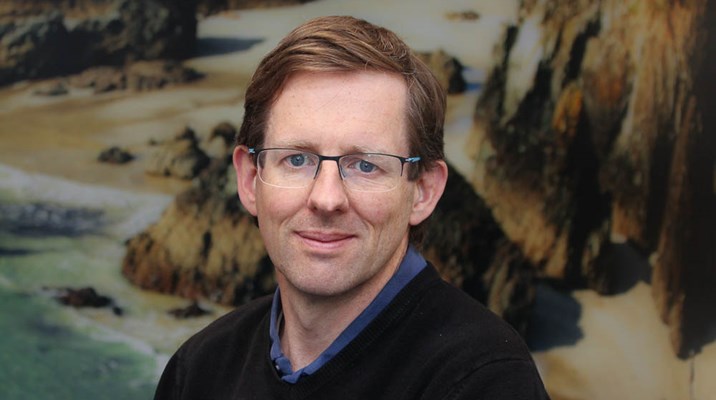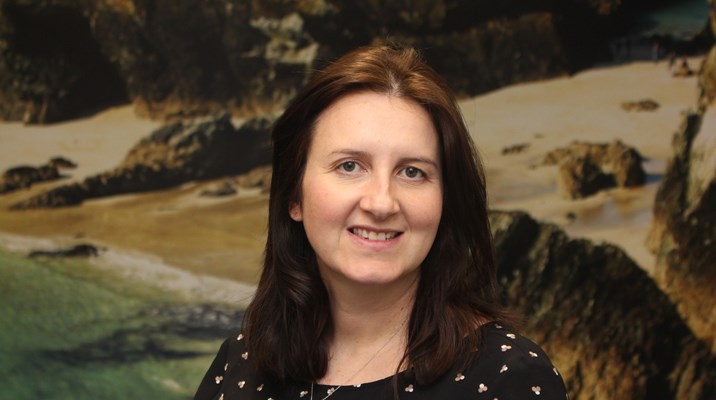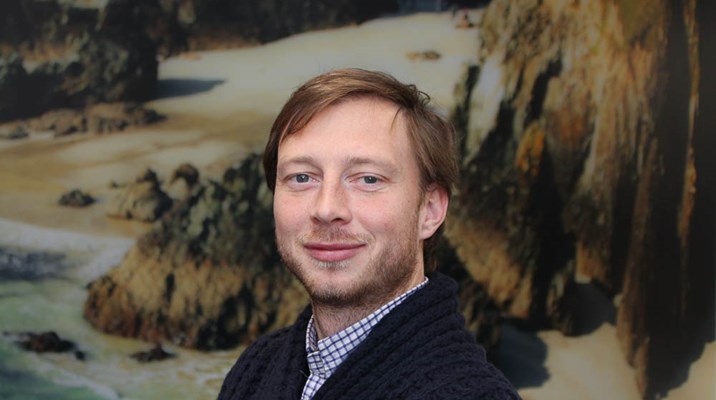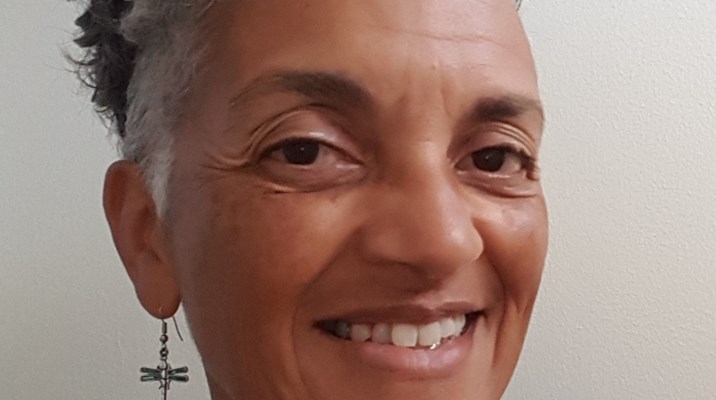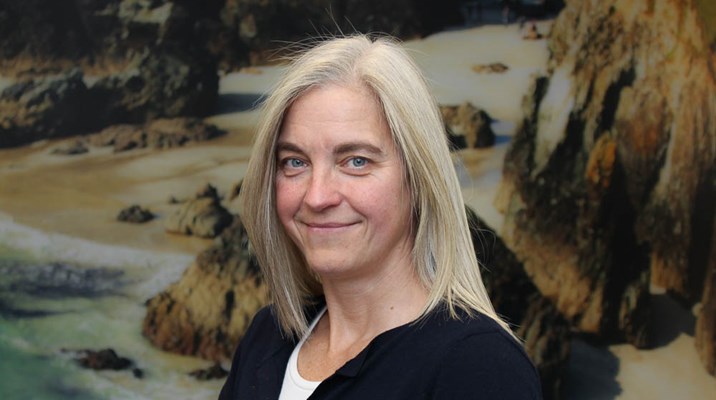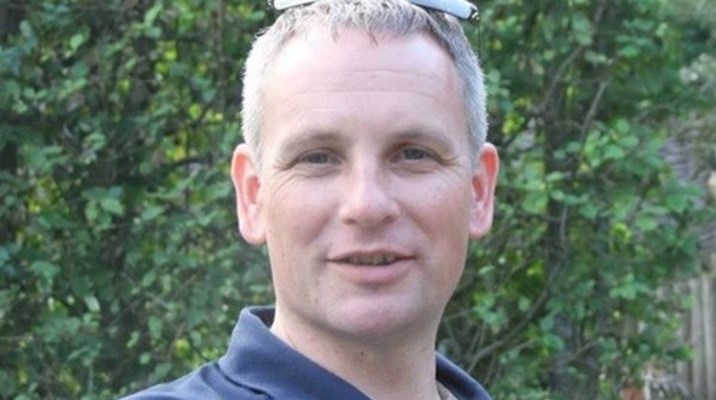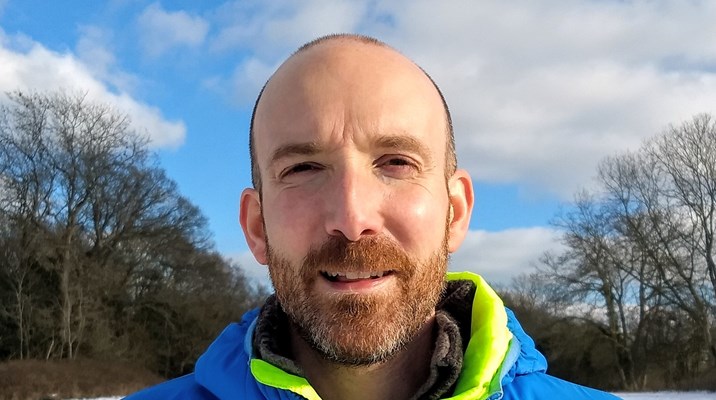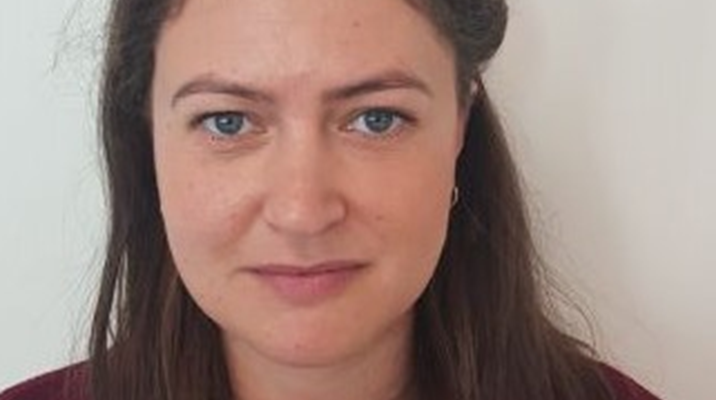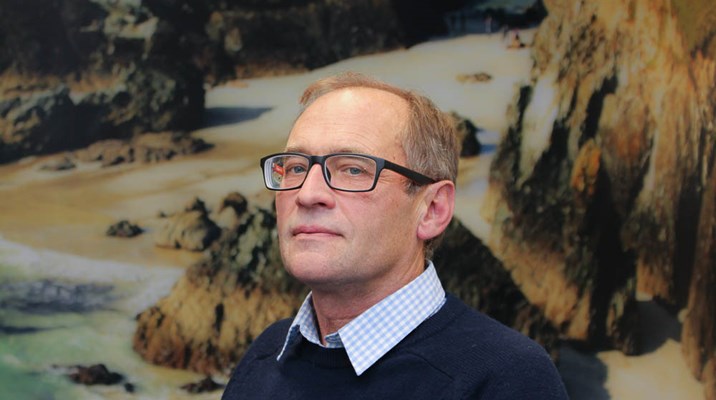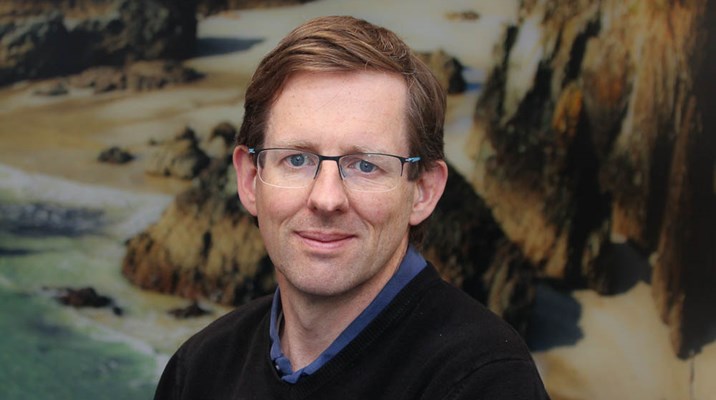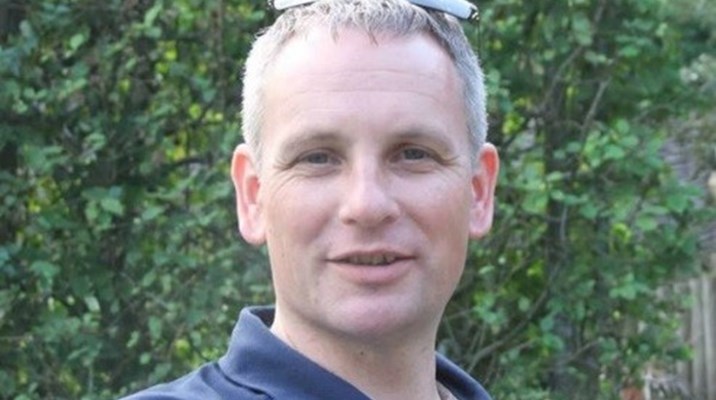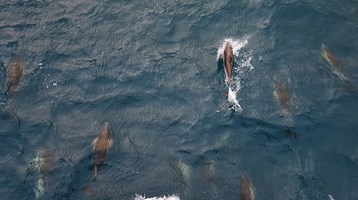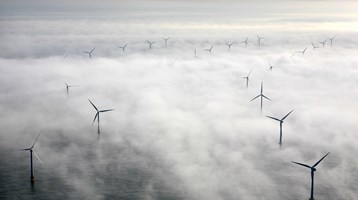Prof. Gordon H Copp
Principal Scientist in Fish Biology & Non-native Risk Analysis
Gordon leads R&D and provides advice on native and non-native freshwater fish environmental biology, non-native species risk analysis, invasion biology, pond conservation, river floodplain fishes and otter-fish interactions.
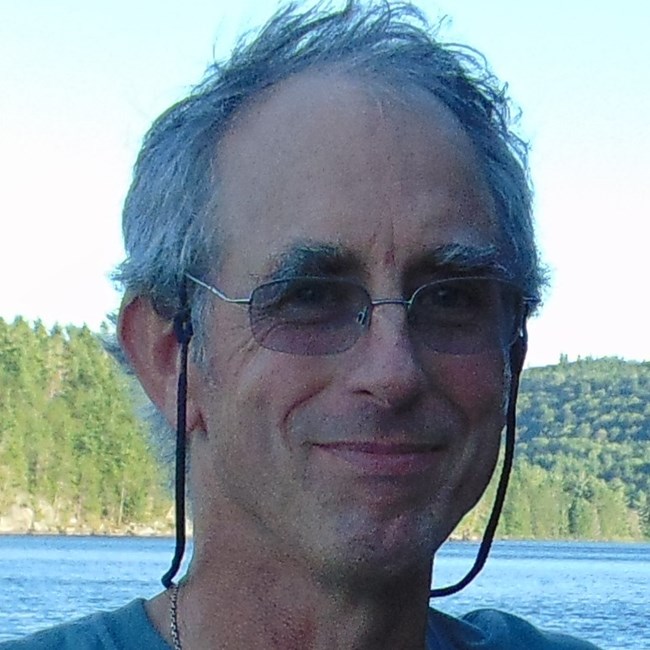
Gordon holds BSc, PgD, PhD & habilitation degrees from Trent University (Canada), IHE-Delft (Netherlands), Université de Lyon (France) and Université de Toulouse (France), respectively. After a post-doc with the Freshwater Biological Association, Gordon joined the University of Hertfordshire in 1991, departing in 2000 as a Reader in Ichthyology in 2001. Following a sabbatical in France, Gordon joined Cefas in 2002 to lead R&D on the risks and impacts of non-native species (NNS), especially freshwater fishes.
A senior scientist with over 35 years’ experience, Gordon co-developed NNS risk analysis schemes for UK and EU legislation, is a founding member of the GB Non-native Risk Analysis Panel (NNRAP), leads in the development and global application of decision-support tools for aquatic species (e.g. Fish Invasiveness Screening Kit & Aquatic Species Invasiveness Screening Kit) and provides NNS advice to UK Defra and the EC.
Gordon is a UK delegate on the ICES working group on Introductions and Transfers of Marine Organisms, and a member of the UK-TAG Alien Species Group. Gordon is an observer to the ICES Working Group on Ballast and Other Ship Vectors and to the European Pond Conservation Network’s Steering Committee. Gordon holds academic affiliations with Bournemouth University (UK), Trent University (Canada), and the University of Lodz (Poland). He acts as an invited expert at workshops in Europe and North America on the development of NNS risk assessment protocols.
With over 200 journal articles, several resulting from the NATO collaborative linkage network he coordinated on ‘Life-history traits as predictors in assessing risks of non-native fishes’. Approximately half of Gordon’s scientific papers address NNS and invasion biology issues such as NNS introduction pathway/vector analysis, risk assessment protocols, and more recently he has coordinated R&D on the application of environmental DNA analysis of water samples to detect alien aquatic species.
Publications:
Selected projects:
Decision support tools for the identification and management of invasive non-native aquatic species
Selected publications:
- Copp, G.H. et al. 2005. To be, or not to be, a non-native freshwater fish? Journal of Applied Ichthyology 21, 242–262. (https://doi.org/10111/j.1439-0426.2005.00679.x). Thomson Reuters online interview regarding the above-mentioned article, Copp et al. (2005): http://archive.sciencewatch.com/dr/erf/2011/11augerf/11augerfCopp/
- Vilizzi, L., Copp, G.H. et al. 2019. A global review and meta-analysis of applications of the Fish Invasiveness Screening Kit. Reviews in Fish Biology and Fisheries 29, 529–568. (https://doi.org/10.1007/s11160-019-09562-2) (Cefas ID: http://mdrviewer/#/View/19027)
- Copp, G.H., Vilizzi, L. et al. 2021. Speaking their language – development of a multi-lingual decision-support tool for communicating invasive species risks to decision makers and stakeholders. Environmental Modelling and Software 135, 104900. (https:/doi.org/10.1016/j.envsoft.2020.104900) (Cefas ID: http://mdrviewer/#/View/20067)

